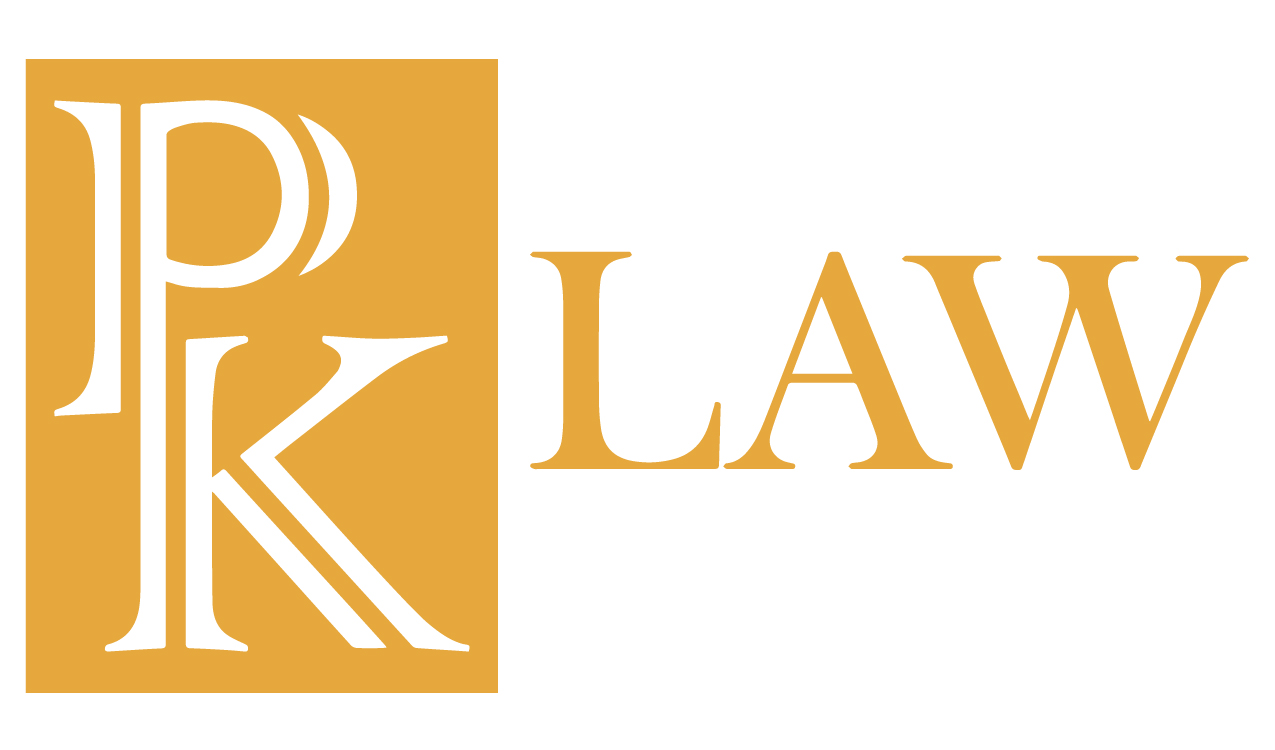Copyrights & Trademarks
Copyright
Copyright is governed by 17 USC § 100 . It is also governed by a large and growing body of case law, cases decided by judges in the federal court system that interpret the statutes at 17 USC. The federal statutory copyright law states the requirements that must be met to obtain copyright registration.
A copyright is an exclusive right regarding the use of a particular expression of an idea or information. An original work of authorship includes:
- Movies
- Drawings
- Books
- Works of art
- Music
- Textile and jewelry designs
- Photographs
- Lyrics
- Computer programs
- Paintings
- Architectural works, including blue prints and maps
Trademark
A trademark is a word, phrase, slogan, symbol, or design (or combination thereof) that distinguishes your products or services from others. Trademarks and service marks identify and distinguish the source of the goods or services.
Trademarks are available to individuals as well as business entities, including corporations, limited liability companies, partnerships, and sole proprietorships.
The federal law of trademarks is found in 15 USC § 1051 . Federal trademark law identifies the requirements that must be met for a trademark registration to issue. It also specifies the rules, regulations, and procedures for stopping trademark infringement.
The Code of Federal Regulations provides the rules that operate under the federal trademark law. This can be found at 37 C.F.R. Part 2
In addition, each state and territory has state-based trademark law in place. In New York, that law is found in the General Business Law, at Article 24, Sec. 360 et seq.
Our Office can assists you in implementing whatever tools necessary to insure that your trademarks are protected including trademark searches and submission and prosecution of trademark applications. Law Office of Paul R. Kenney can also show you how to protect your future trademarks even before you start using them.

